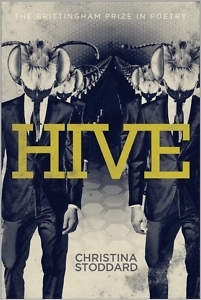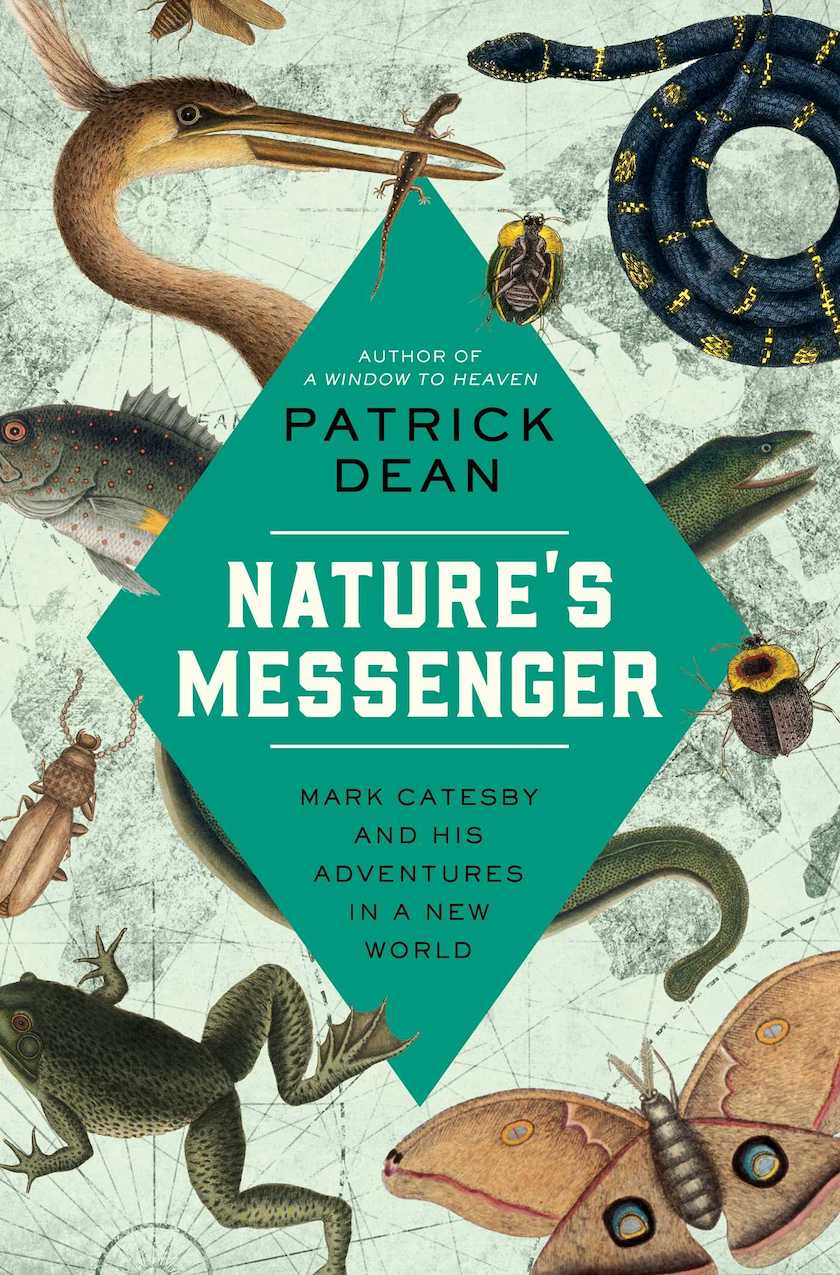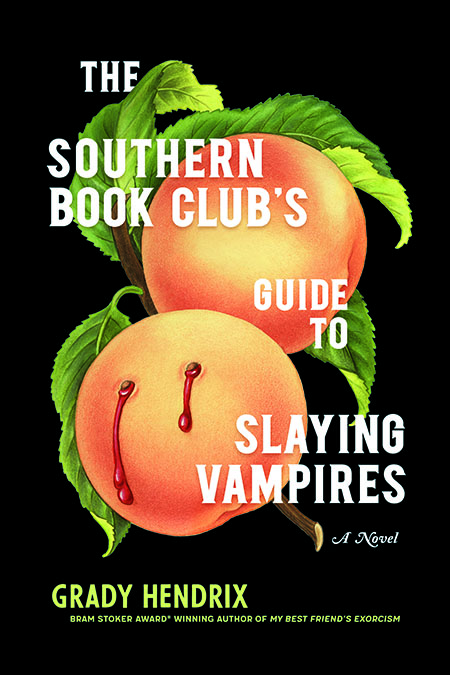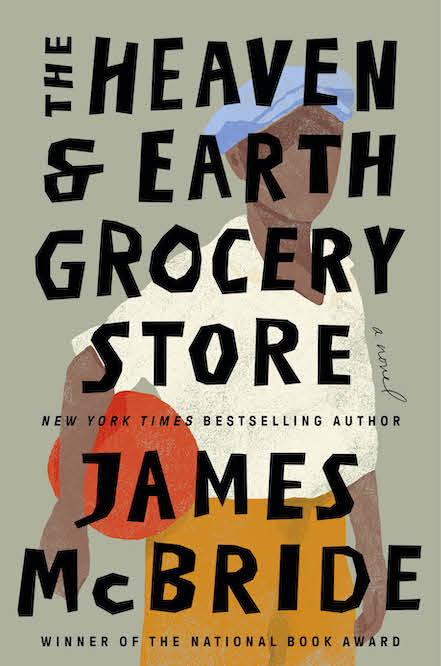The Girl Their Hymns Forgot
A debut poetry collection grapples with the vulnerability of children in a violent world

In a review for The New York Times, Joel Brouwer once described a “fun game for poetry nerds: read the first line or sentence of a favorite poet’s first book, and imagine it as a summary of the writer’s entire career.” With Hive, the debut collection of Nashville poet Christina Stoddard, it’s possible to take that parlor trick a step further: we only need to read the title of the first poem, “Bodies of Two Girls Found in Woods,” to recognize this project. With harrowing precision, Stoddard explores what it means to face violence as a child.
Hive wrestles not only with acts of violence but also with religion’s failure to make sense of them. Narrated in the voice of a teenage Mormon girl, each poem adds to a catalogue of transgressions both small and monumental. In “Raped Girl’s Mad Song,” the poet writes, “I’m the girl their hymns forgot. / The wolf, he’s here—he’s taken me.”
 What constitutes being saved in this book is complicated. In “I Ask My Father If the Green River Killer’s Victims Go to Heaven,” the speaker describes a ritual in which she is baptized fifty times, once for each murdered girl: “To save the others, the Elder / has to hold me down.” The ceremony further traumatizes a girl who’s been a victim of assault herself. She seems to identify more with the dead than with the living. By the end, she considers herself a martyr.
What constitutes being saved in this book is complicated. In “I Ask My Father If the Green River Killer’s Victims Go to Heaven,” the speaker describes a ritual in which she is baptized fifty times, once for each murdered girl: “To save the others, the Elder / has to hold me down.” The ceremony further traumatizes a girl who’s been a victim of assault herself. She seems to identify more with the dead than with the living. By the end, she considers herself a martyr.
Stoddard often combines a child’s personal stories with stories from the news, two sides of the same frightening coin. In “The Oxford Unabridged,” for example, the speaker reads about a girl and two boys who were abducted and raped, considering this story in light of what she knows from a friend abused by her uncle. What’s never stated outright—because it doesn’t need to be—is that children shouldn’t be forced to grapple with these realities, to consider the dual meanings of “testimony”: one for a courtroom and one for a church.
While many poems seem like a condemnation of Mormonism, there’s also an acknowledgment of the religious persecution Mormons have endured—as in “Westward,” when early settlers in Missouri are sentenced to death for their beliefs. In “On the Dance Floor a Chaperone,” a humiliated student is comforted by a member of the church. And in “The Man Who Built My Basement Bedroom,” even a father being arrested for violence against his daughters is processed through religious terms:
I felt the devil’s fingerprints
over everything. But I knew—for yearsI’d known—that we are encompassed
by demons. We pray to forget their names.
This speaker forgets nothing, though, especially not the demons. In “High School Yearbook,” an adult calls the homes of her former classmates, recalling their gum-chewing habits and crushes with ease. And when the parents who answer the phone suggest that she check Facebook instead, the speaker balks: “But stranger, // clipped and curt, you mistake me. / I am not calling for them.” Perhaps she’s making these calls for an assurance that she’s real, that she didn’t imagine it all, though an imagined life would surely have been kinder.
The poems of Hive would be memorable enough for their content, but Stoddard is a particularly skilled poet, making even the familiar uncanny. “I try to ask for some music // at the end of the world, but my mouth / fills with swarm,” the speaker says in the title poem, but these poems teem with their own music. It is no surprise that this collection won the 2015 Brittingham Prize in Poetry. Like bees, determined and dangerous, these poems hum with an energy all their own.
[This review originally appeared in March 24, 2015. Read a poem from Hive here.]

Erica Wright is the author of a new crime novel, The Red Chameleon, as well as two poetry collections. Now a senior editor at Guernica, she grew up in Wartrace, Tennessee, and received her M.F.A. from Columbia University.


